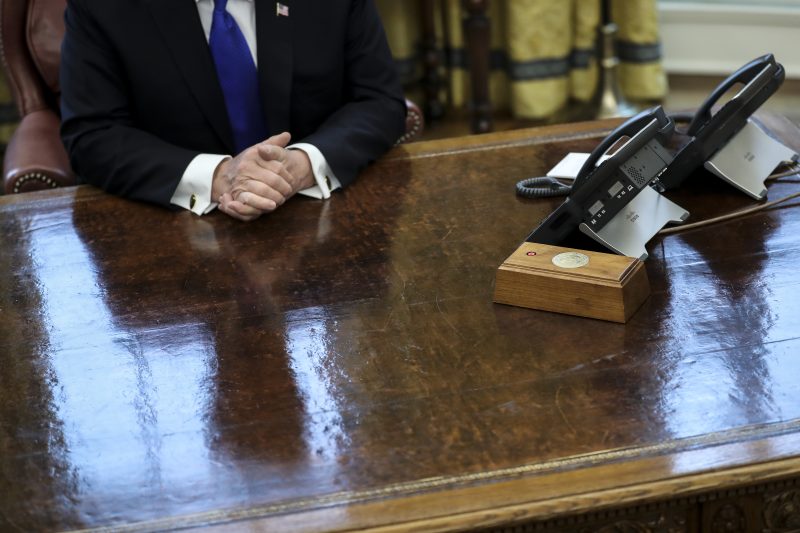In a world where global trade agreements and economic policies play a substantial role in shaping international relations, the concept of tariffs has been a subject of great debate and controversy. Recent discussions surrounding tariffs have resurfaced in light of former President Donald Trump’s approach towards trade policies during his time in office. Trump’s keen interest in imposing tariffs as a means to protect American industries and workers has led to numerous consequences that have ignited both support and backlash from various sectors of society.
Trump’s inclination towards tariffs can be compared to his steadfast determination to build a wall along the US-Mexico border – both policies have been characterized by a focus on punishment rather than nuanced, long-term policy objectives. While the aim of protecting American jobs and industries is a valid concern, the implementation of tariffs as a blanket punitive measure raises concerns about the negative repercussions it can have on both domestic and international economies.
One of the primary criticisms of Trump’s tariff-heavy approach is its impact on global trade relations. By levying tariffs on imports from significant trade partners, such as China and the European Union, Trump engendered retaliatory measures that sparked trade wars and exacerbated tensions between countries. The retaliatory tariffs imposed in response to Trump’s actions not only affected American businesses and consumers by driving up prices but also strained longstanding diplomatic relationships.
Moreover, the punitive nature of Trump’s tariff policy overlooks the complexities of international trade dynamics. While protecting domestic industries is a legitimate objective, the indiscriminate use of tariffs fails to address the structural issues that lead to trade imbalances and protectionist measures. A more nuanced approach that focuses on negotiating fair trade deals and addressing underlying economic challenges would be more effective in promoting sustainable growth and fostering positive relationships with trading partners.
Furthermore, the emphasis on punishment through tariffs overlooks the potential for collaboration and mutual benefit that can arise from international trade. By viewing trade relations solely through a competitive lens, Trump’s tariff policies missed opportunities for innovation, investment, and cultural exchange that could have been cultivated through open and cooperative economic partnerships. Embracing a more holistic approach that seeks to balance protectionism with cooperation would be instrumental in fostering a thriving global economy.
In conclusion, while the intention behind implementing tariffs to safeguard American interests is understandable, the punitive and unilateral manner in which Trump pursued this policy raises significant concerns about its effectiveness and long-term impact. Moving forward, policymakers must adopt a more strategic and collaborative approach to trade that prioritizes mutual benefit and sustainability over punitive measures. By engaging in dialogue, negotiation, and cooperation with trading partners, countries can work towards building a more resilient and inclusive global economy for the benefit of all.




























